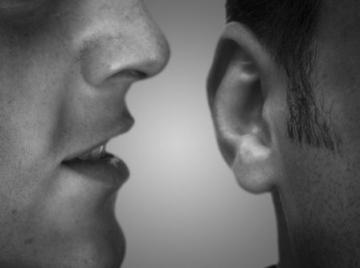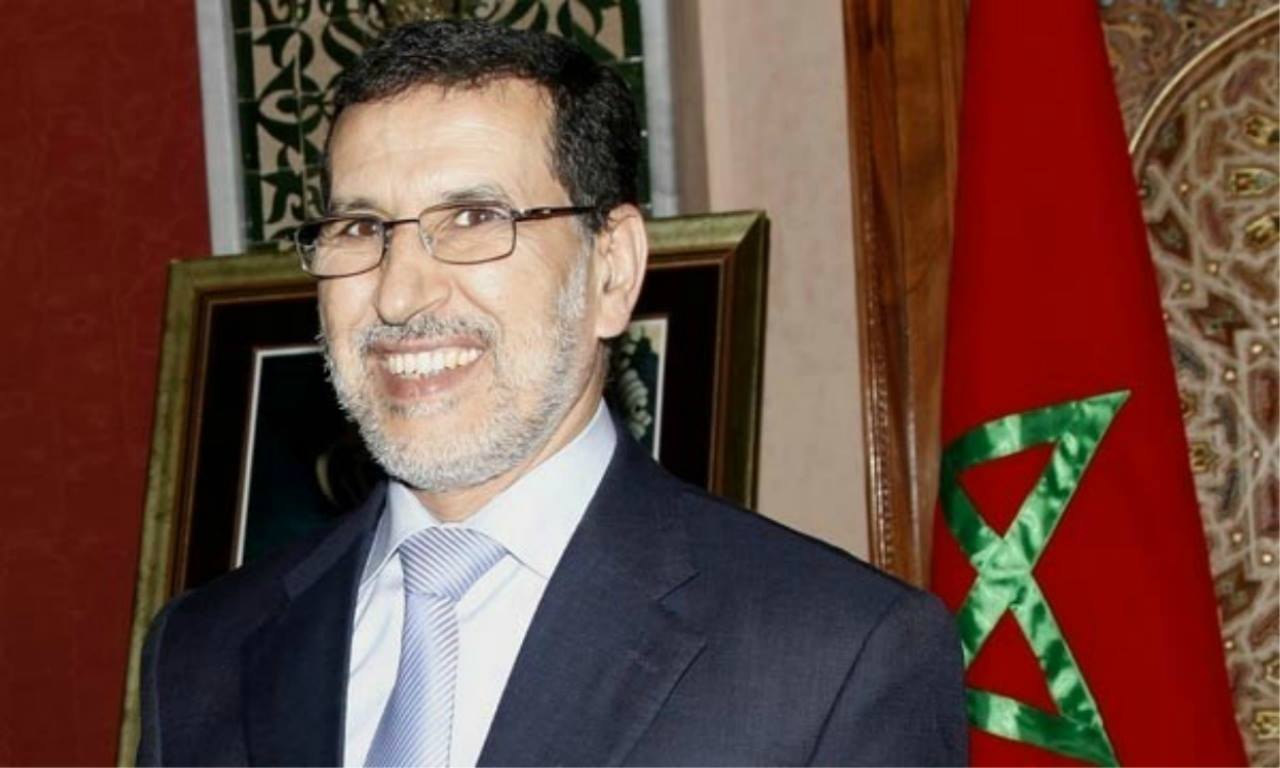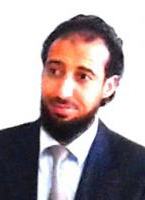[symple_box]![]() Khalid Boulbourj is currently studying at the university of Hassan 2, Mohammedia, Morocco. [/symple_box]
Khalid Boulbourj is currently studying at the university of Hassan 2, Mohammedia, Morocco. [/symple_box]
Mohammedia, Morocco-A few months ago, the whole world’s attention was directed to France, in the wake of the Charlie Hebdo bloodbath, an event which saw the said French satirical magazine’s headquarters in Paris getting fiercely attacked by terrorists, brutally murdering some members of the outlet’s staff, including a police officer. Back-then, and following the French policemen killing the criminals after a ferocious confrontation, the French government’s spokesman issued a statement promising to enact a law that protects the stability of the country and the safety of its people. As a matter of fact, in this very month of May, the French government approved the said law, deemed controversial as it was staunchly criticized by many associations that defend human rights in France. The law in question will allow the French government to spy on phone calls of people who are suspected of terrorism, including placing hidden surveillance cameras in public places and other suspicious whereabouts.
Back-then at a time when this law was not even approved, let alone proposed, many media commentators and freethinkers, like U.S. politicain Jack Lindblad, accused the French government of staging the Charlie Hebdo attack. They stressed that such kinds of operations are called “False Flag” operations. The term False Flag is a military concept. It describes the operations that governments often carry out to pass laws that may violate people’s rights and freedoms, or political [through militarily] interference in other countries, like the case of Iraq in 2003. Usually, these attacks are blamed on “terrorists”. Back to the point, and in the wake of the Charlie Hebdo attacks, a rumor states that the Kaouchi brothers, the two terrorists who went on rampage in the locals of Charlie Hebdo, were killed in Syria way before the assault on the magazine.
Strangely enough, the officer who was working on the case of the assault committed suicide, before submitting his report on the attack. This strange occurrence leaves me with one reasonable conclusion, which is the following: The French government hired two of its agents and then blamed the assault on the Kaouchi brothers. The officer who committed suicide was probably killed by the French government, because he discovered some proofs that contradict everything the government announced to Mass Media.
On the sidelines of the attack, a barrage of commentary was poured by young French people claiming that the event was a “secret service” operation, bringing forth the apparent change in the colour of the rearview mirrors of the car the Kouachi brothers used in their terrorist act. It goes without saying that young Frenchmen raised their eyebrows at the official version of Kouachi brothers leaving their “identity card” on golden platter in the car for the French authorities.
Of course, France’s state media went on the defense of the official version, stating that “experts put the change down to the fact that the mirrors were made out of chrome, a material that can change colour according to the light.” Sarcastically enough, during that very day it was all gloomy and there was no change in weather, which makes their explanation, with all intellectual sense, a doltish propaganda.
A US Senate candidate also said that he believes that the Charlie Hebodo carnage “were not the work of terrorists but of the US and Mossad in a bid to keep Israel’s current Prime Minister in power,” which is another way of seeing things.
Last but not least, the French government indicated that one of the Kouachi brothers tried to head to Syria in 2009 to join Al-Qaeda. One of the Kouachi brothers even spent jail time for terrorism charges. This said, and judged by the French government’s words, how is it possible that they left him acquire arms without any surveillance? How come someone on a WATCHLIST not be monitored?
To those who still doubt this explanation, I invite you to answer the following question: Isn’t it strange that following few months of the attack, the French government passed this law?





